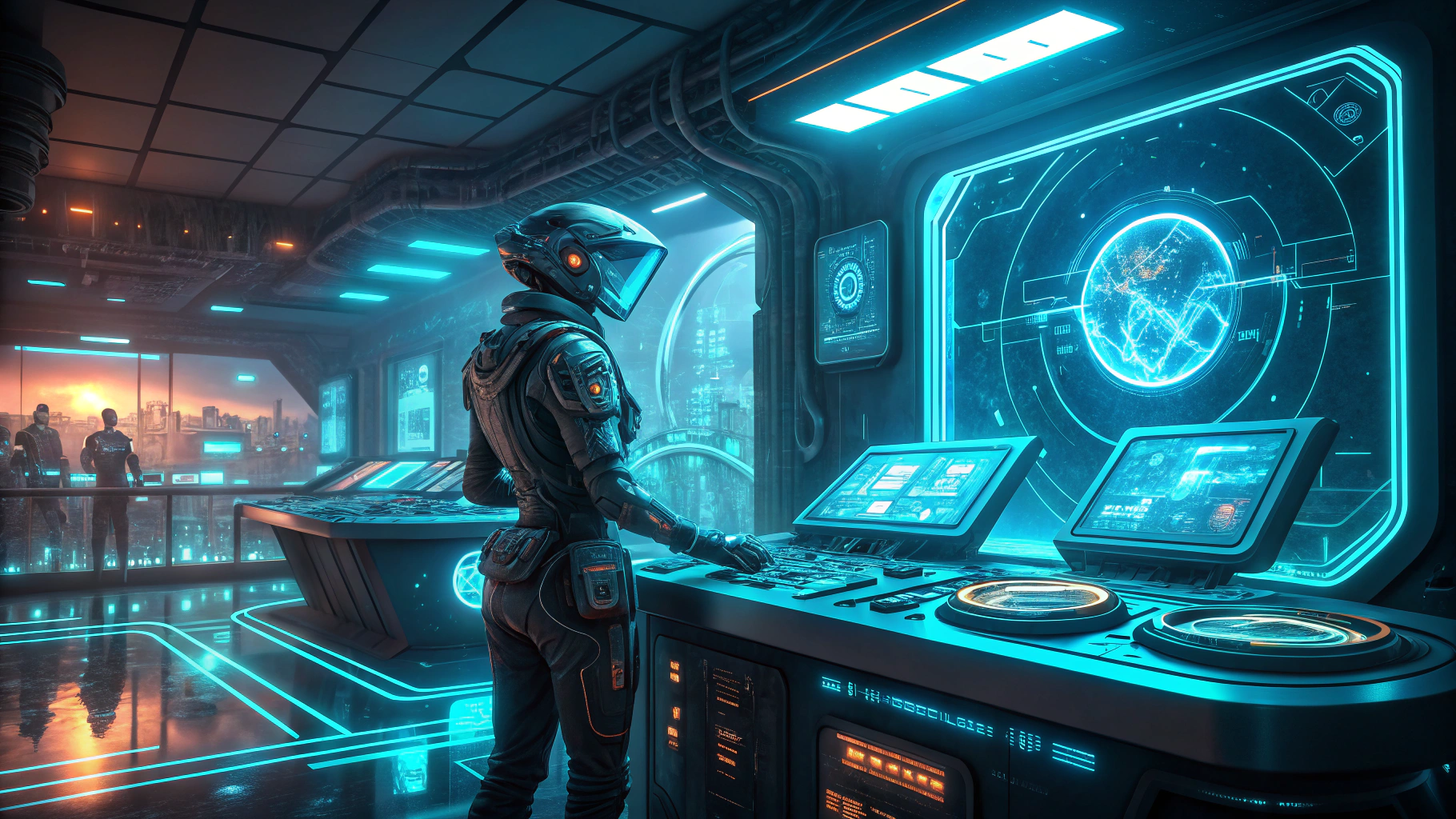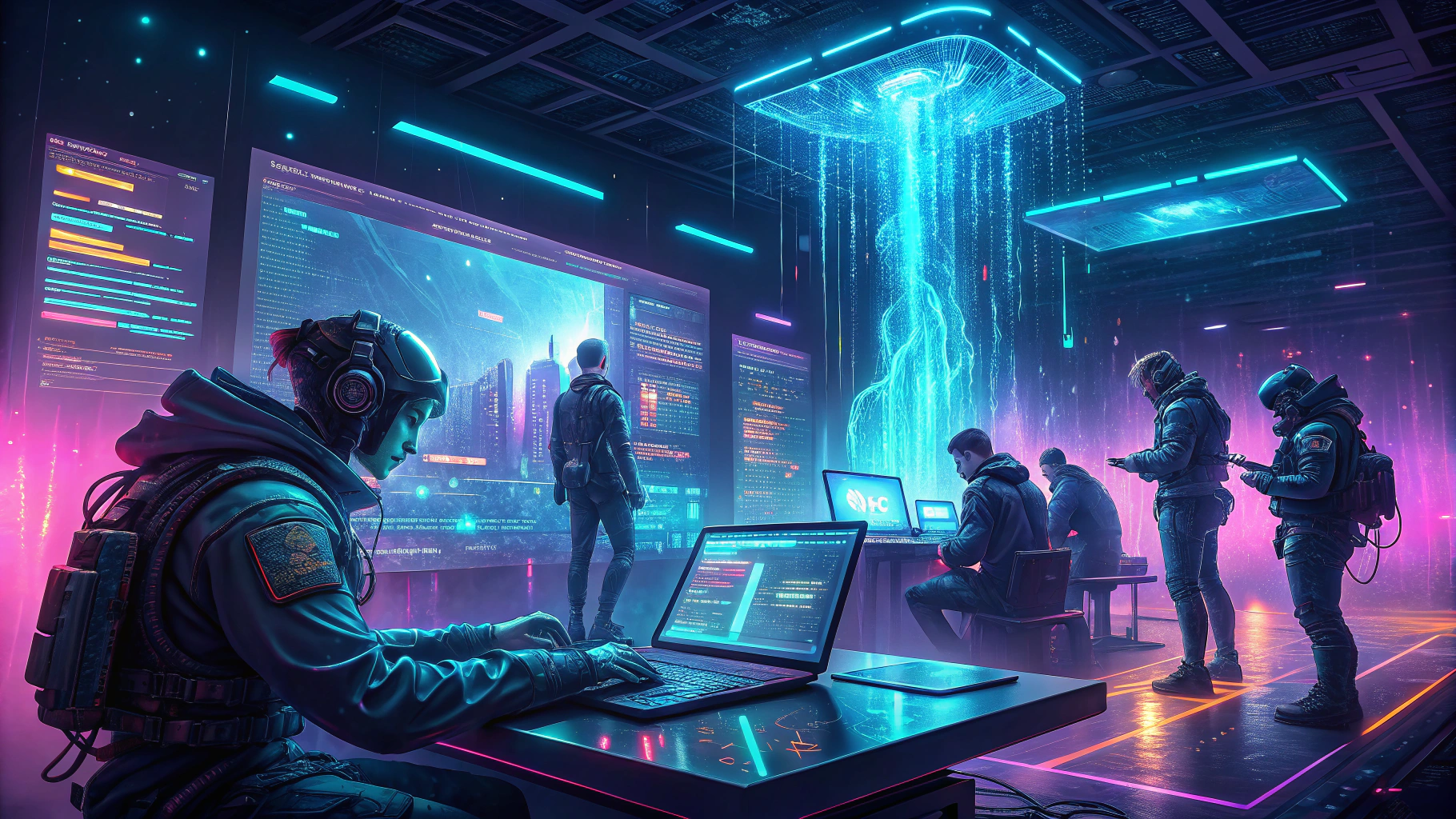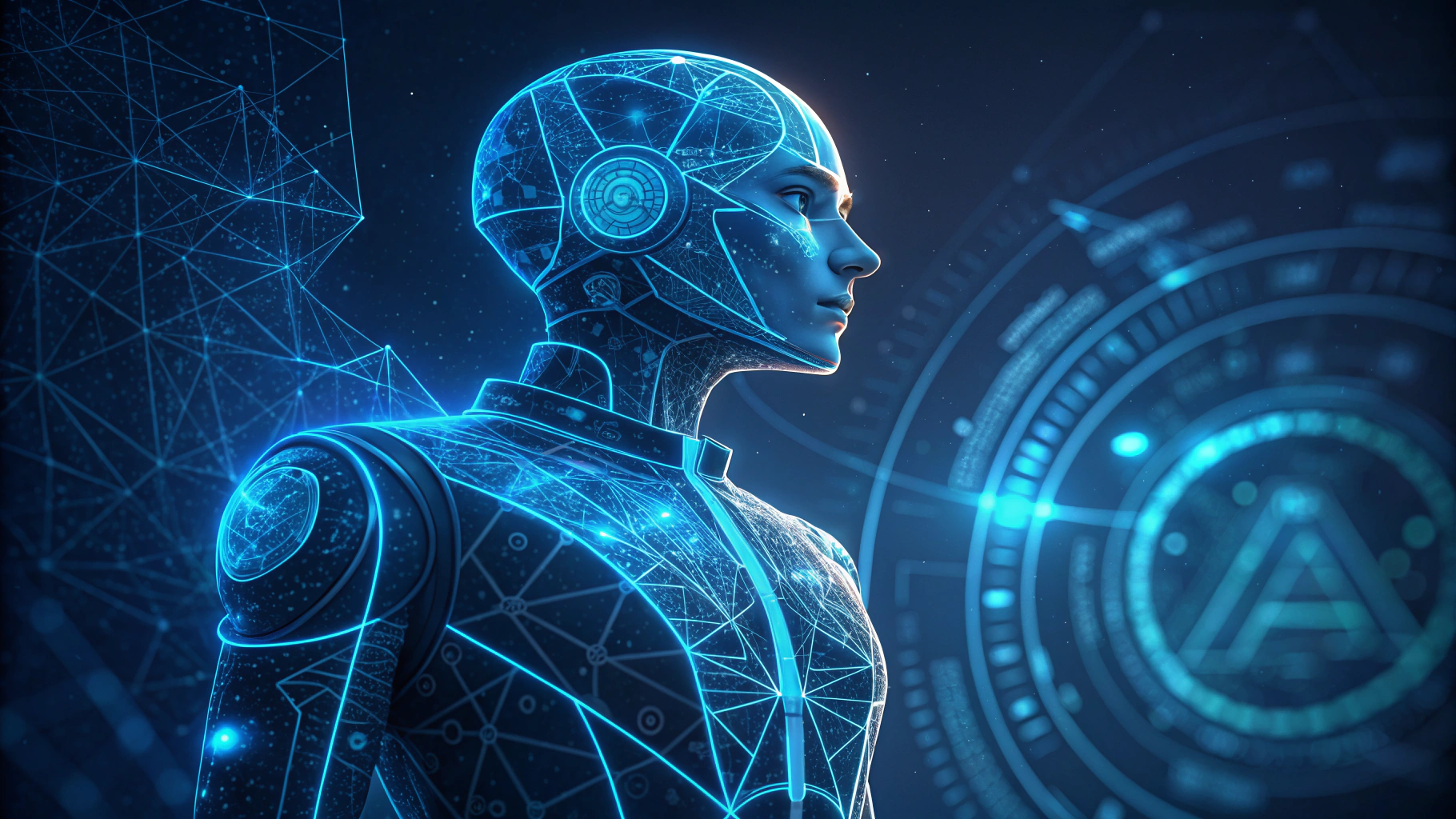AI Agents: Revolutionizing the Future of Intelligent Automation

AI Agents: Revolutionizing the Future of Intelligent Automation
In the rapidly evolving digital landscape, the role of an agent is becoming more prominent. AI agents are transforming industries with enhanced efficiency and innovation.
Understanding AI Agents
AI agents are sophisticated software programs designed to perform tasks autonomously using machine learning and data analytics. They interpret vast amounts of data, make informed decisions, and optimize various processes across industries.
Key Applications of AI Agents
AI agents serve many roles including customer service, healthcare, finance, and marketing. They provide real-time support, manage diagnostics, automate trading, and enhance customer experiences.
Featured Images and Sources
Source: Agentic AI: Build a Tech Research Agent
Source: What Makes AI Agents Different from Other Types of AI Tools
Benefits and Future Outlook
AI agents offer numerous benefits including increased efficiency, scalability, and cost-effectiveness. With advancements in AI and ML, they will continue to evolve and play a pivotal role in shaping the future.
Conclusion
Embracing AI agents can enhance decision-making, productivity, and innovation. As these intelligent systems become integral to industries, the future of technology is set for a transformative journey.
Extended Article
The Role and Evolution of Agents in Modern Technology
In the rapidly evolving digital landscape, the concept of "agents" has undergone a significant transformation. From the traditional notion of an agent as a human intermediary to the sophisticated digital entities we engage with today, agents continue to play a pivotal role in bridging gaps, enhancing efficiency, and driving innovation. This article explores the evolution, functionality, and future potential of agents in the realm of technology, offering insights into how they operate and their impact on various industries.
Understanding Agents: A Brief Overview
An agent, in the context of technology, refers to a software entity that performs tasks autonomously on behalf of a user or another program. These tasks range from simple actions, like sorting emails, to complex operations, such as managing entire supply chains. Agents analyze data, make decisions, and execute actions, often without human intervention. Their ability to learn and adapt makes them invaluable in today’s fast-paced digital environment.
The Evolution of Agents
The journey of agents began with basic automation scripts, progressing to intelligent systems powered by artificial intelligence (AI) and machine learning (ML). Initially, agents were rule-based, following predefined instructions to achieve specific outcomes. However, with advancements in AI and ML, agents have evolved into sophisticated systems capable of learning from data and improving their performance over time.
One of the earliest forms of digital agents was the chatbot, designed to simulate conversation with human users. Early chatbots were limited by their reliance on predefined scripts, but modern chatbots leverage natural language processing (NLP) and machine learning algorithms to understand and respond to user queries more effectively. This evolution has paved the way for virtual assistants like Siri, Alexa, and Google Assistant, which have become integral parts of our daily lives.
Types of Agents
Digital agents can be categorized into several types based on their functionality and application:
1. Personal Assistants: These agents, such as Apple’s Siri, Amazon’s Alexa, and Google Assistant, are designed to assist users with daily tasks. They can set reminders, answer questions, manage schedules, and control smart home devices, among other functions.
2. Chatbots: Employed in customer service, chatbots handle inquiries, provide information, and resolve issues, freeing up human agents to focus on more complex tasks.
3. Robotic Process Automation (RPA) Agents: RPA agents automate repetitive, rule-based tasks within business processes, increasing efficiency and reducing operational costs.
4. Intelligent Agents: These agents are equipped with AI capabilities to learn from their environment, make decisions, and adapt to new situations. They are used in various applications, including financial trading, autonomous vehicles, and smart home systems.
The Role of Agents in Various Industries
Agents have become integral to numerous industries, revolutionizing the way businesses operate and interact with consumers.
- Healthcare: In healthcare, agents are used for patient monitoring, diagnosis, and personalized treatment recommendations. AI-driven agents analyze medical data to detect patterns and predict health outcomes, improving patient care and reducing costs.
- Finance: In the financial sector, agents automate transactions, manage portfolios, and detect fraudulent activities. Intelligent agents analyze market trends and provide insights to investors, enhancing decision-making processes.
- Retail: Retailers use agents for inventory management, personalized marketing, and enhancing customer experiences. Chatbots assist customers with product inquiries and purchase decisions, while AI agents analyze consumer behavior to recommend products.
- Manufacturing: Agents optimize supply chain operations, monitor equipment performance, and ensure quality control in manufacturing processes. By predicting maintenance needs and reducing downtime, agents contribute to operational efficiency.
The Future of Agents
The future of agents is promising, with continuous advancements in AI and ML driving their evolution. As agents become more sophisticated, they will increasingly integrate into our lives and industries, offering enhanced capabilities and new opportunities.
1. Increased Autonomy: Future agents will possess higher levels of autonomy, allowing them to make complex decisions independently. This will be particularly beneficial in areas like autonomous vehicles and smart cities.
2. Enhanced Personalization: Agents will become more adept at understanding individual preferences and tailoring experiences accordingly. This will lead to improved customer satisfaction and loyalty in sectors like retail and hospitality.
3. Collaboration with Humans: Agents will work alongside humans, augmenting their capabilities rather than replacing them. This collaboration will lead to more efficient workflows and innovation across industries.
4. Ethical Considerations: As agents become more integrated into society, ethical considerations will play a crucial role. Ensuring transparency, accountability, and fairness in agent operations will be vital to gaining public trust.
5. Integration with IoT: The Internet of Things (IoT) will further enhance the capabilities of agents, allowing them to interact with a vast network of connected devices. This will lead to smarter homes, cities, and industries.
Conclusion
Agents are transforming the technological landscape, offering solutions that enhance efficiency, improve decision-making, and create personalized experiences. As they continue to evolve, agents will play an increasingly vital role in shaping the future of various industries. Embracing these advancements and addressing ethical considerations will be key to unlocking the full potential of agents in the digital age. The journey of agents is far from over, and as technology continues to advance, we can expect even more innovative applications and transformative impacts in the years to come.


